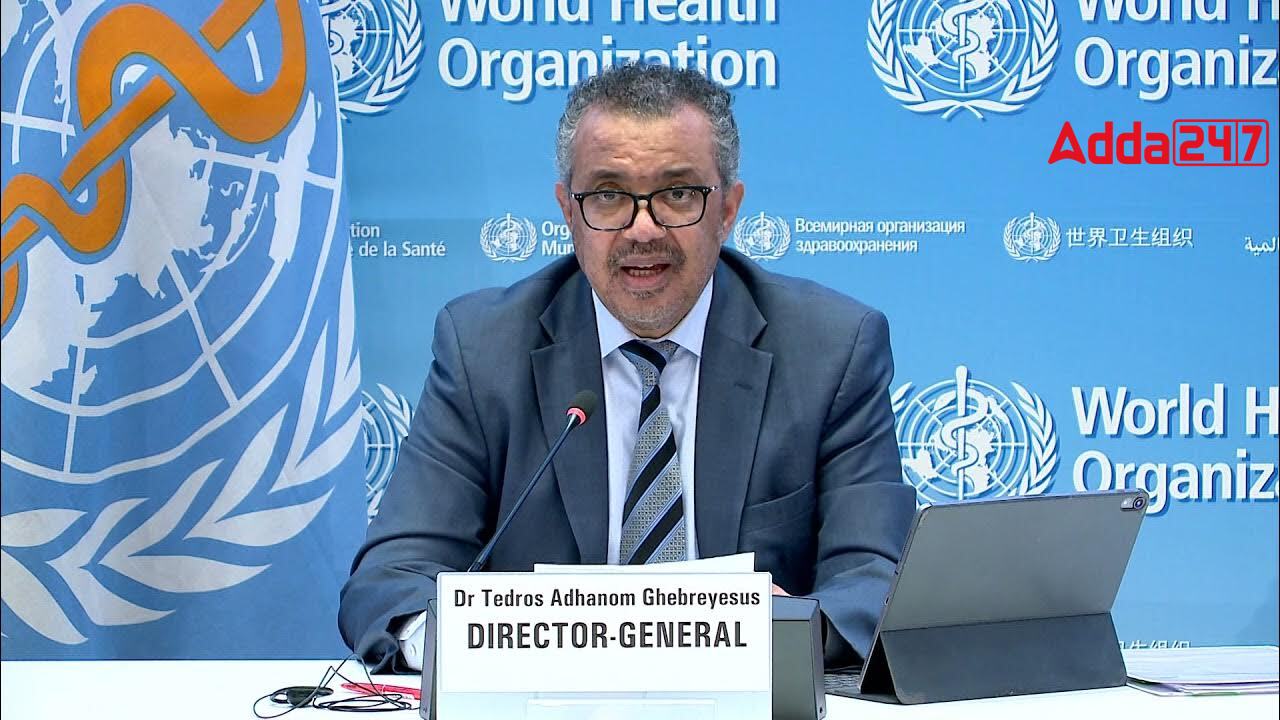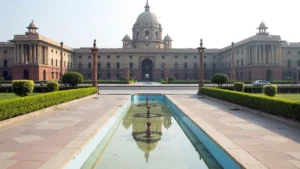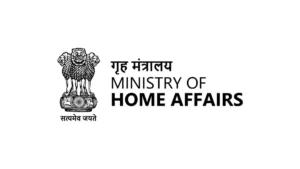The World Health Organisation (WHO) has designated the National Institute of Indian Medical Heritage (NIIMH) in Hyderabad, under the Ministry of Ayush, as a WHO Collaborating Centre (CC) for traditional medicine research. Established in 1956, NIIMH has been a pioneer in various digital initiatives of Ayush. This recognition, announced on Friday, has been granted for a period of four years, marking NIIMH as the third Indian institute to receive such an honor.
Digital Initiatives and Contributions
NIIMH has been instrumental in developing the AMAR Portal, which catalogues 16,000 Ayush manuscripts, featuring 4,249 digitised manuscripts, 1,224 rare books, 14,126 catalogues, and 4,114 periodicals. Other significant digital projects include the Showcase of Ayurvedic Historical Imprints (SAHI) Portal, which displays 793 medico-historical artefacts, and the e-books of Ayush project that provides digital versions of classical textbooks.
Research and Data Collection
The institute also operates the NAMASTE Portal, which compiles cumulative morbidity statistics from 168 hospitals, and the Ayush Research Portal, which indexes 42,818 published Ayush research articles.
National and Global Impact
NIIMH, Hyderabad, is a unit under the Central Council for Research in Ayurvedic Sciences (CCRAS) and will now work as a WHO centre for ‘Fundamental and Literary Research in Traditional Medicine’. This recognition follows two other Indian institutes: the Institute for Teaching & Research in Ayurveda, Jamnagar, and the Morarji Desai National Institute of Yoga (MDNIY), New Delhi. In India, there are approximately 58 WHO Collaborating Centres across various biomedical and allied science disciplines.
Leadership and Vision
Professor Vaidya Rabinarayan Acharya, Director General of CCRAS, NIIMH, and Head of the WHO Collaborating Centre, highlighted this designation as a significant milestone that reflects the institute’s relentless efforts in traditional medicine and historical research.
World Health Organization (WHO): Key Points
Chairman: Dr. Tedros Adhanom Ghebreyesus (Director-General)
Headquarters: Geneva, Switzerland
Established: April 7, 1948
Parent Organization: United Nations
Mission: To promote health, keep the world safe, and serve the vulnerable by coordinating international health activities and supporting national health initiatives.
Key Functions
Setting global health standards and guidelines
Conducting health research and providing technical support to countries
Monitoring and assessing health trends
Leading responses to health emergencies and outbreaks
Main Programs
Universal Health Coverage (UHC)
Health emergencies and response
Promoting health through the life course
Noncommunicable diseases (NCDs) and mental health
Communicable diseases
Collaborating Centres
Over 800 globally, working in various health-related areas, including traditional medicine, research, and public health.




 Govt Launches Mobile Labs to Check Natio...
Govt Launches Mobile Labs to Check Natio...
 Big Change at Rashtrapati Bhavan! Lutyen...
Big Change at Rashtrapati Bhavan! Lutyen...
 India Launches ‘Prahaar’: New National C...
India Launches ‘Prahaar’: New National C...








